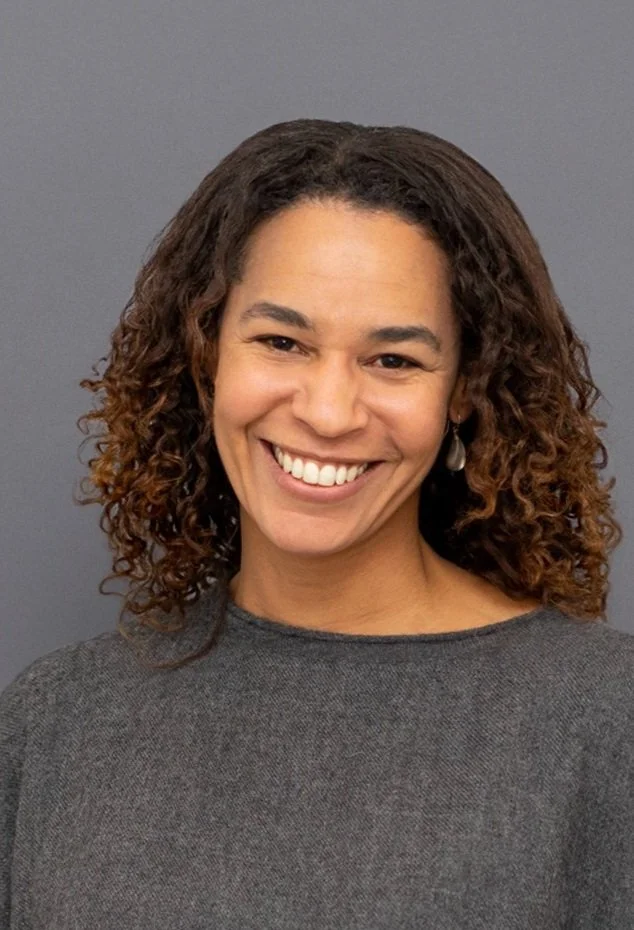
We’re BabyChildTeen@NYU
WELCOME!
We are a group of developmental research labs at the Washington Square campus of New York University. We study some of the amazing accomplishments of early infancy and childhood— including the development of motor skills, language and communication, thinking, and social interaction!
We invite you to participate in online and in-person research studies. Our studies are fun for children and parents, and your participation will help us learn more about child development!
After you sign up for BabyChildTeen@NYU, a researcher will contact you when your child is eligible to participate in a study, but you are under no obligation to participate. Browse our website to see ongoing studies and to sign up.
If you have any questions, send us an email: babychildteen@nyu.edu.
Our Research
Motor Development
Motor development is the progressive acquisition of skills and abilities related to movement, such as sitting, crawling, and walking. These skills are essential for your child to explore and learn about their environment.
We study how infants learn to control their movements, adapt to changes in their bodies, and develop skills to handle variations in their environments. Our research methods include adjustable apparatuses to present infants and children with novel situations, and state-of-the-art recording technologies to investigate the underlying mechanisms of motor development.
We aim to inform interventions and programs that promote healthy and successful development in children and ensure their safety.
Learn more about our labs that study motor development.
Language Development
Through the process of language development, your child acquires a rich and complex system of communication that allows them to express themselves, understand others, and navigate the social and cultural world around them.
We study the factors that contribute to language and literacy development in infants and children, such as the home environment and individual differences. Our research methods include video recording and coding, eye-tracking, and neuroimaging to investigate the underlying mechanisms of language and literacy development.
We aim to gain a deeper understanding of how language and literacy skills can be supported and enhanced in home and school settings.
Learn more about our labs that study language development.
Cognitive Development
Cognitive development refers to the growth and development of mental abilities, which include perception, attention, memory, problem-solving, and reasoning. These abilities play a crucial role in your child's learning, thinking, and information processing, and they lay the foundation for academic success and overall well-being.
We study various aspects of cognitive development, from symbolic and abstract thought and reasoning to the emergence of children’s beliefs about achievement and intelligence. Our methods include experimental and observational studies, cross-cultural studies, and analyses of "big data."
We aim to provide valuable insights into the origin and development of human cognition and guidance to promote children’s cognitive growth and development.
Learn more about our labs that study cognitive development.
Social Development
During early childhood, children begin to make sense of themselves, others, and the larger social world. It is also during this time that stereotypes and biases may develop that can hinder your child’s self-views, aspirations, and behaviors toward others.
We study topics in social development including how children and adults think about social categories like race and gender, how children make sense of social behavior, and how language affects children’s beliefs about themselves and others.
We aim to better understand the development of stereotypes and biases and identify effective interventions to counteract them. In addition, we hope to identify adaptive and inclusive ways for parents and educators to talk to children and encourage involvement in science professions.
Learn more about our labs that study social development.
Meet the BabyChildTeen Team!
Faculty:
Dr. Karen Adolph - Infant Action Lab
How do people learn to adapt to changes in their bodies, skills, and environment? We answer these questions by investigating how infants and young children cope with novel motor challenges such as walking down slopes, squeezing through apertures, reaching for targets, and opening containers.
Dr. Sudha Arunachaluam - LEARN Lab
Our research examines one of the most amazing accomplishments of early childhood: learning language. We ask how children discover the meanings of words and how children’s everyday experiences support language learning.
Dr. Natalie Brito - ISLAND Lab
We are interested in the impact of the social and language environment on early neurocognitive development. Our ultimate goal is to understand how to best support caregivers and create environments that foster optimal child development.
Dr. Andrei Cimpian - Cognitive Development Lab
We study social-cognitive development. In particular, we investigate children’s explanations for what they observe around them, their concepts of natural kinds and social groups (including stereotypes), and their motivation in school.
Dr. Moira Dillon - Lab for the Developing Mind
We study the full range of human encounters with geometry. In addition, we ask how basic mechanisms of perception and cognition about spaces, objects, agents, and social partners might shape cultural production of pictorial art.
Dr. Catherine Hartley - Hartley Lab
We study the development and dynamics of the learning, memory, and decision-making processes that shape behavior. We use a broad array of methodological approaches to examine the cognitive, computational, and neural processes that inform choices and actions.
Dr. Marjorie Rhodes - Conceptual Development and Social Cognition Lab
Our research examines how children learn and reason about the world around them. We are interested in how children form categories of animals, everyday objects, and people, and how children make sense of human social behavior.
Dr. Catherine Tamis-LeMonda - Play and Language Lab
We study children’s learning and development across the first years of life. We ask how social and cultural contexts influence the skills that children acquire and how they engage with their physical and social environments.


















